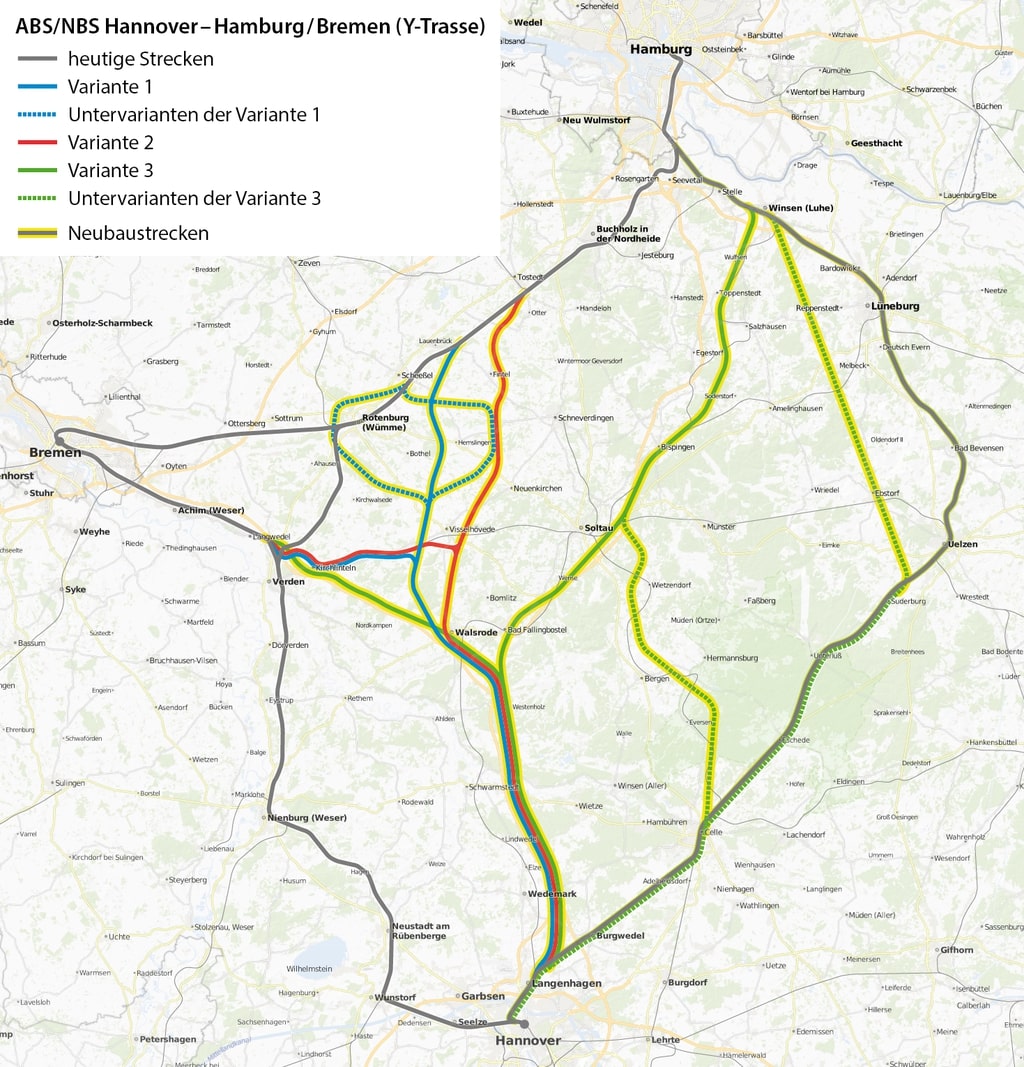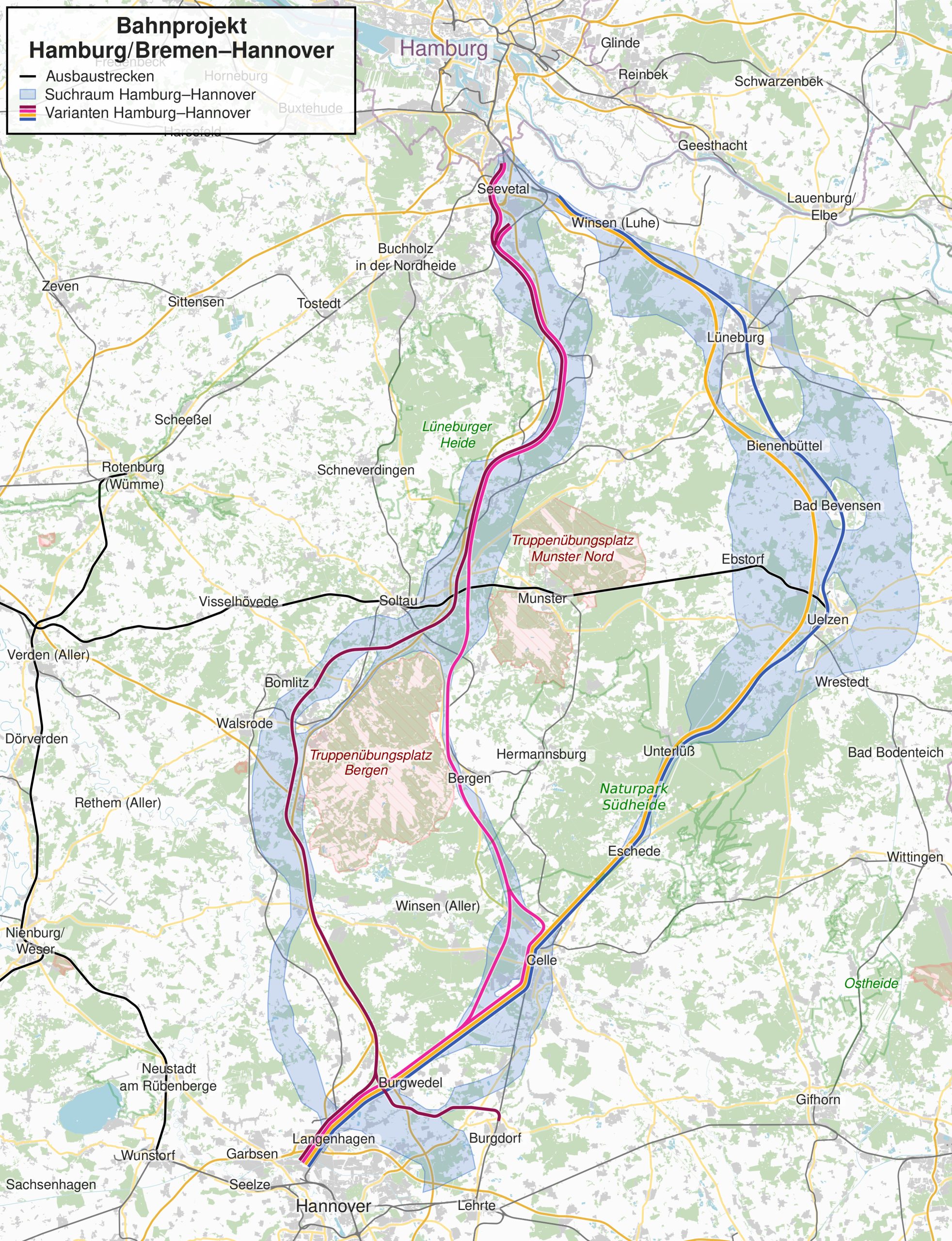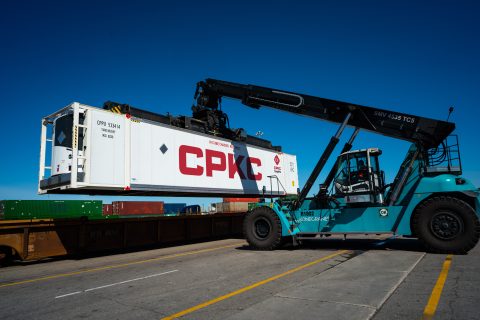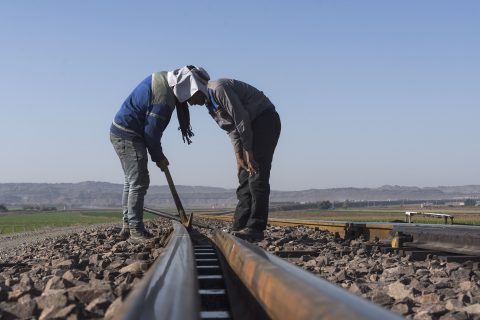What will Germany do about the Hanover-Hamburg-Bremen rail axis?

One of the main rail projects in Germany is the upgrade of the infrastructure connecting Bremen, Hamburg, and Hanover. However, the government and the industry seem to have different opinions on how this initiative should be carried out. German MPs from the SPD party are pushing for the expansion of the existing railway, whereas rail freight associations claim that new infrastructure is necessary.
The project suggested by the SPD members is called Alpha E, while rail freight associations are supporting the Y-Route initiative. The Allianz pro-Schiene and the Association of German Transport Companies (VDV), for example, are claiming that the implementation of the Y-Route was already envisioned in the Deutschlandtakt. The Deutschlandtakt entails that the national rail infrastructure should be expanded with priority and make it reach as far as possible.
According to SPD federal chairman Lars Klingbeil, embracing the Alpha E initiative would be faster, more cost-effectively, and more climate-friendly than the Y-Route. However, the two rail freight associations have different views. They sent a joint letter to the SPD parliamentary group, saying that the Alpha E proposal is not as advantageous as it seems. According to them, the expansion project brought forward by SPD would not be faster, cheaper, and more environmentally friendly.
Y-Route
The Y-Route project has been discussed since the early 1990s. The project entails the construction of a new railway network connecting Hanover to Hamburg and Bremen via Walsrode. The two new lines planned in the Y-Route would be connecting Lauenbrück and Lehrte to Isernhagen, creating a new corridor north of Hanover. Moreover, the line between Visselhövede and Langwedel would also be upgraded. This line would constitute the left branch of the Y going to Bremen.

Alpha E
The Alpha E project was drawn up in 2015 as an alternative to the Y-Route. It is divided into four sub-projects. The first one is the upgrade of the line between Hanover and Hamburg. Deutsche Bahn submitted a proposal with four variants to the German Ministry of Transport at the end of 2022. The German Parliament is expected to make a decision on this line sooner rather than later. The other three lines that need to be upgraded if the Alpha E project will be chosen are Langwedel-Uelzen, Rotenburg-Verden-Minden, and Bremerhaven-Bremen-Langwedel.

RailFreight Connects
The synergies between ports, terminals, and rail infrastructure have recently been under the spotlight, especially in Europe, where ports are increasingly investing in improving rail connectivity. The RailFreight Connects, which will take place at the Radisson Blu Hotel in Bremen, Germany, on 6 and 7 September, will be the perfect opportunity for the industry to discuss how these synergies can be boosted. Representatives from HHLA, the port of Genoa, Nevomo, Lohr, DB Netz, UIRR, and more are among the already confirmed speakers. You can find out more about the RailFreight Connects here and retrieve your tickets here.
Also read:




